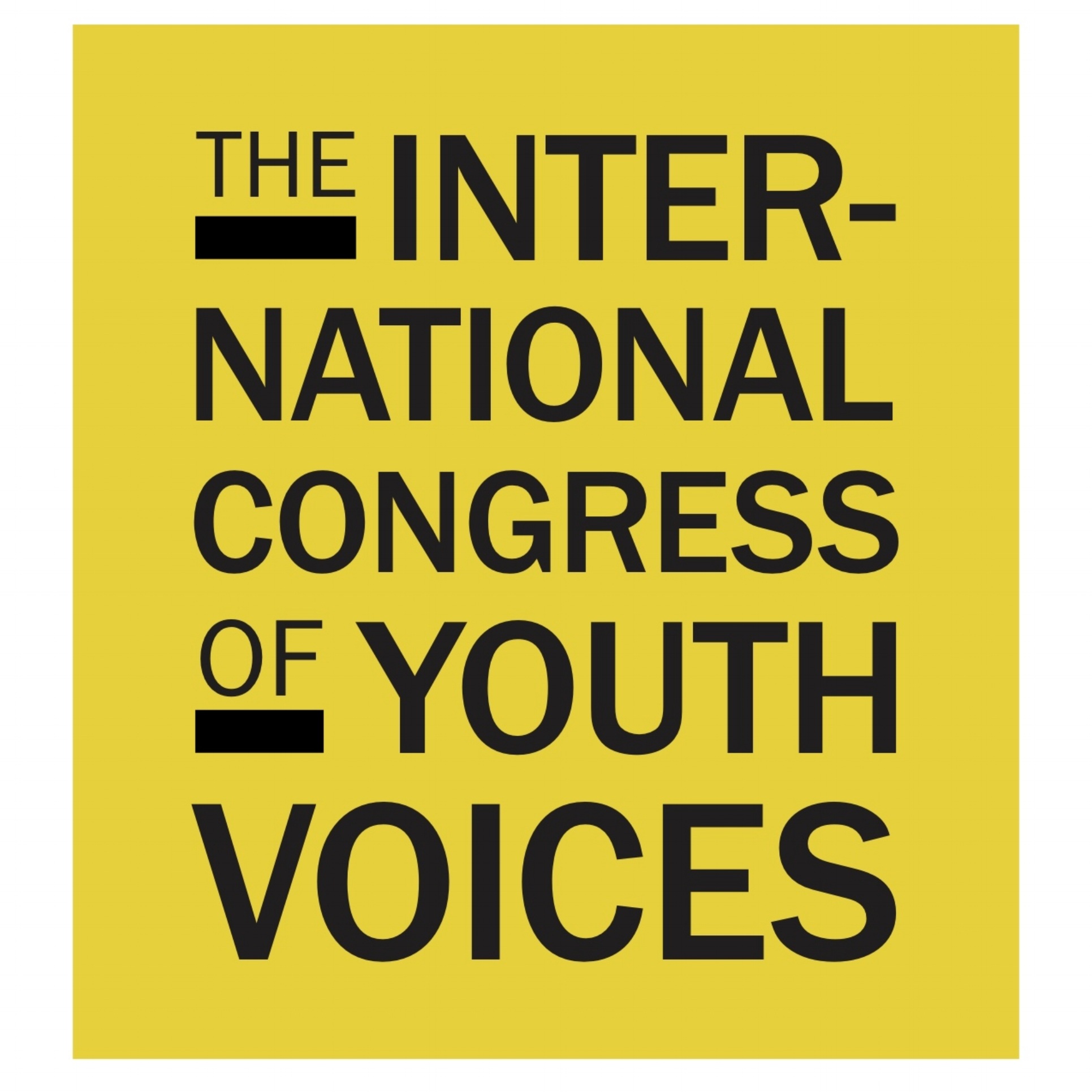KIEREN KONIG, 17
Kieren Konig is a youth poet, pianist, and advocate from Pittsburgh, Pennsylvania. Along with music, writing gives him a way to share his ideas and concepts with the world. Konig has been writing since he was about eight years old and telling stories for as long as he can remember. Some of the focal points of his work are mental illness and the struggles of being a young, transgender person in the world. He believes that intersectionality is essential in activism, for people are not just one aspect of their identity, but a collection of complexities.
Konig finds that writing is healing, not just for the world, but for the individual. He has written about most, if not all, of the major battles he has fought, whether in a polished poem or a few scrappy lines. He feels that not everything is meant to be published, but there is no harm in sitting down and letting loose one’s thoughts.
Konig plans on pursuing psychiatry in college and getting a job as a peer-specialist in a mental health facility. Life is constantly changing and doors open and close, so as of right now, Konig focuses on living mindfully and bringing his pen and notebook everywhere he goes.
Untitled
by Kieren Konig
When you spend five years interacting with people who reduce you to a mouth, a cave to nest their cocoons, the world begins to skew on its axis; rotate faster. You are a sleepwalker, dizzy on your feet, stepping over trip-wire hazily. A purple aura fogs your vision, a fugue, a melody of repetition, a broken record, a reminiscion, a flashback, a nightmare of the past that defines you but you can’t remember. All you know is that the teenager in the car that just drove by called you something that dwindles you down to your queerness and you don’t have the skills to cope with the despondency. You go home and unzip your wrists, let loose the blood from your veins. You bleed like an oak tree. You let the sap drip to your knees. You get stuck to the floor.
You are trans. You spend your time wondering what the bush felt when you fell into it, like maybe you caused it pain. Ever since you were little, you’ve believed inanimate objects had feelings, nerves, and a heart. You called it empathy. Your doctors called it OCD. When you’re at school, you hope your keyboard doesn’t get dusty or lonely. Most people can’t hear a pin drop in a loud room, but it always makes you flinch as if someone has smacked you upside the head. You don’t remember much of your childhood except for that one Christmas morning your brother came into your room and you hid under the covers for an hour, waiting for your parents to stop fighting. They got a divorce the next year. You have really strong opinions about politics, human rights, and numbers. Your room is messy; the hamper’s overflowed with dirty clothes and paranoia. Your closet door never opens; you can’t let flaws fall out, you don’t like dealing with them, but if someone tells you there’s something wrong with you, you do everything you can to hide it. You’ll turn your world spinning; you’ll sleepwalk, dizzy, hazy, and grind your bones into the gelatin you don’t eat for someone who doesn’t mean anything to you.
This isn’t the last time you’ll get slurs thrown at you. This isn’t the last time you’ll forget the important details; there’s a lot ahead of you. You’ll stop talking to your dad. Six times, you’ll be admitted to psychiatric hospitals. You’ll watch your mom have two miscarriages, losing blood like trees lose leaves in the fall. You’ll plant a willow for the babies your family has lost. You’ll get admitted to the hospital one last time. You’ll meet your new step-mom; she calls you by the name you want to be called by. You’ll start talking to your dad; he’s not screaming at you. He’s calm.
Your mom will have a baby. He is 10 pounds, 8 ounces and full of silliness. You meet him the day you get discharged from your last hospital stay. Your aura of purple fog, your fugue, your melody of repetition, your broken record, is quiet for the first time.
You don’t know much, so let me tell you: I know that your mouth is full of butterflies. The cocoons that hateful people planted in you blossomed into beautiful insects, soaring around you with big, green wings. I know that whatever greater power you believe in right now is listening to your heartbeat on her mp3 player. It reminds her that you’ve got work to do.

